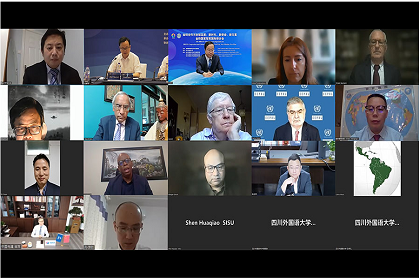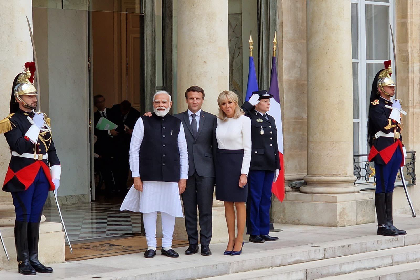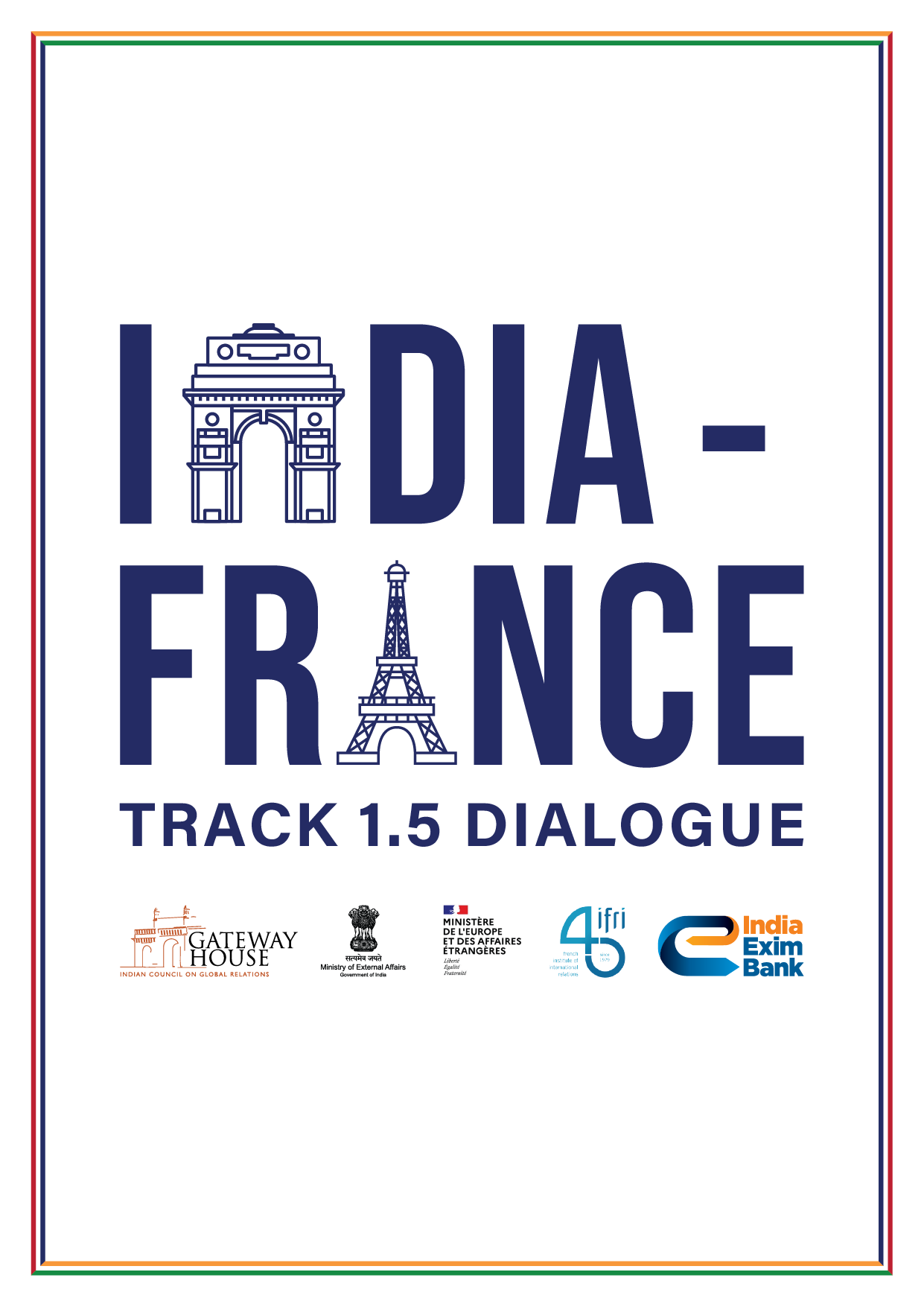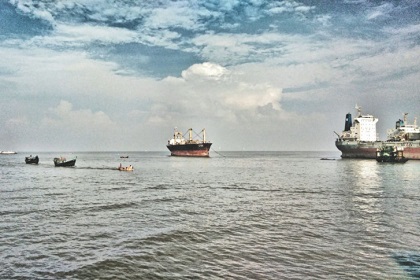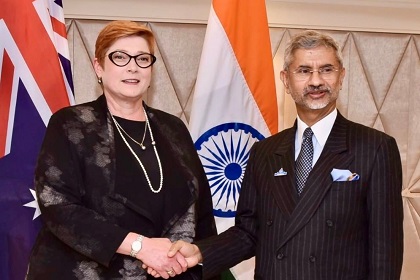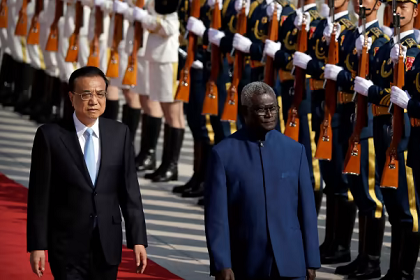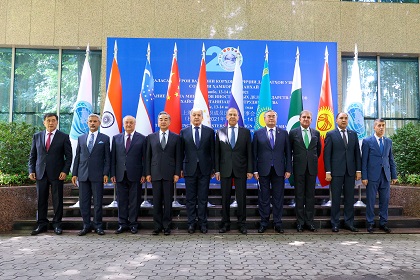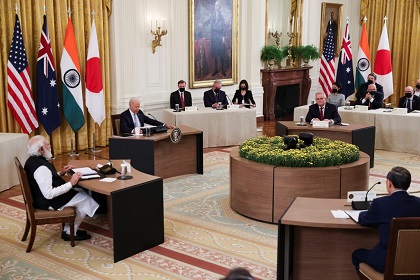BRICS Think Tank Symposium
On May 6, 2022, Amb. Rajiv Bhatia presented his remarks at the BRICS Think Tank Symposium held in Chongqing, China. Ambassador Bhatia traced the Ukrainian war crisis and its linkage to the grouping, while also elucidating that the Sino-Indian stalemate on transboundary disputes, UNSC membership permanency and leadership within the global south has harmed effective resolutions in the multilateral forum.

